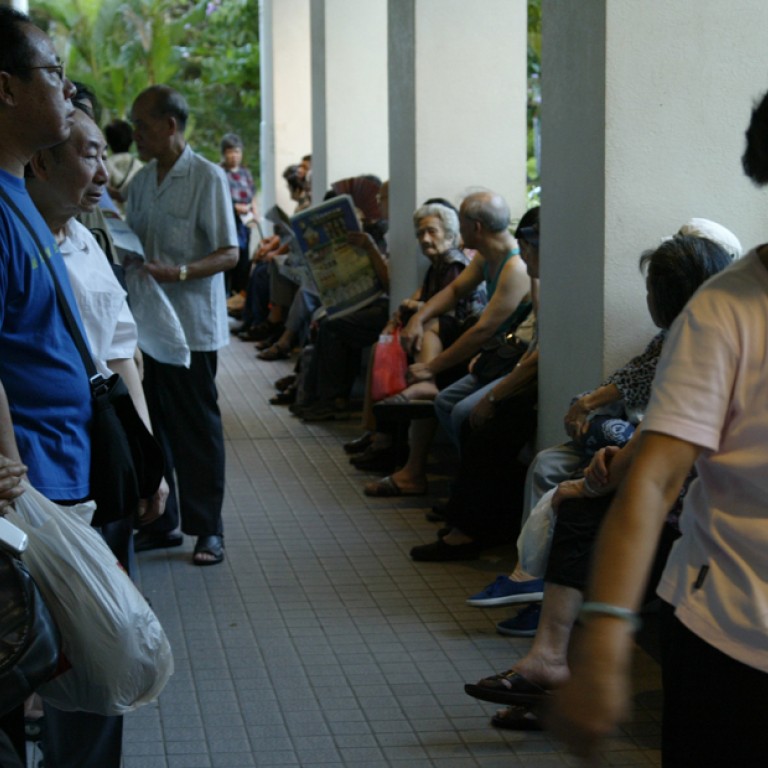
A welcome step to easing burden on public health care system
More than eight years after the last major report on health care reform, little has changed. The long-awaited voluntary health insurance scheme will be the only reform of financing of health services aimed at shifting more of the patient burden to the private sector and more of the cost to those who can afford it. The delivery of health services remains defined by lengthening queues and waiting times in the heavily subsidised public system.
More than eight years after the last major report on health care reform, little has changed. The long-awaited voluntary health insurance scheme will be the only reform of financing of health services aimed at shifting more of the patient burden to the private sector and more of the cost to those who can afford it. The delivery of health services remains defined by lengthening queues and waiting times in the heavily subsidised public system.
One of the recommendations of the Health and Medical Development Advisory Committee in 2005 for easing the burden on public hospitals was that specialist outpatient clinics refer chronic patients to general clinics or private doctors for long-term care.
It is good to hear that the Hospital Authority has finally decided to give the idea a trial at its own cost. It will spend about HK$14 million over a year for 6,000-odd patients from Kwun Tong, Wong Tai Sin and Tuen Mun with diabetes, blood pressure and excessive blood fats to see private doctors up to 10 times. The patients will pay private doctors the HK$45 per visit they now pay at public hospitals, with the rest of the cost, about HK$233, to be borne by the authority.
The authority says it will review the scheme after a year to determine whether it should be extended to other districts and diseases.
The outlay and the subsidy per visit are modest, but the authority has found it from its own resources amid budget restraints. If health authorities are serious about the scheme the government will have to help pour more money into it and review regulation of private doctors.
That said, the scheme resonates with the advisory committee's focus eight years ago on community care and preventive medicine, with a greater role for family doctors, to relieve pressure on the public system - and public finances. Hopefully, it is only the first step towards reforms necessary to maintain the standards of a widely respected health system.

